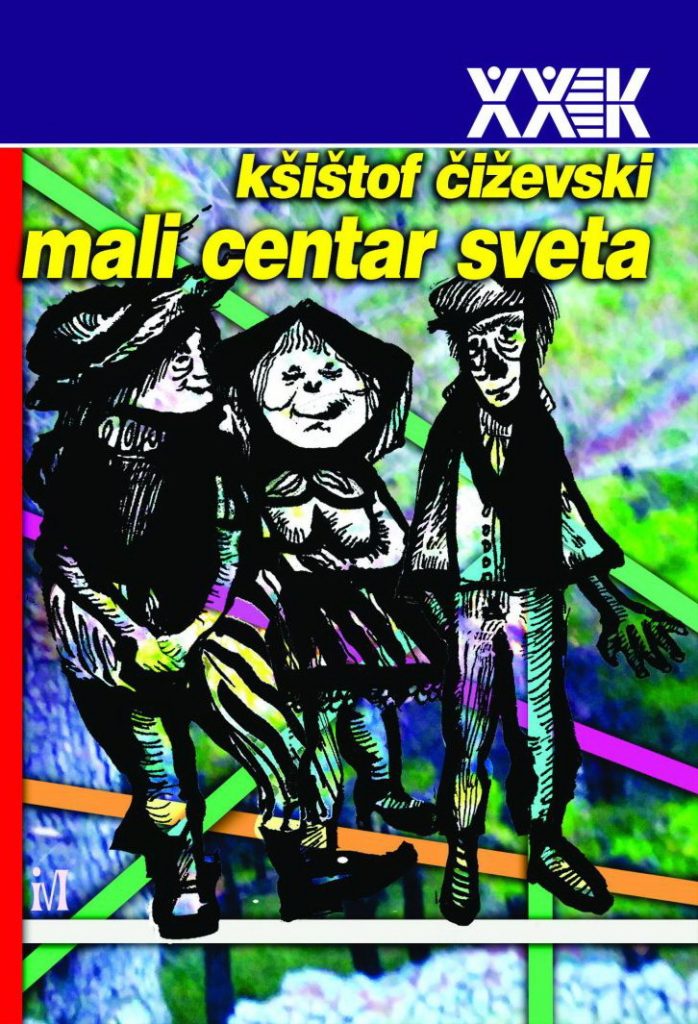Krzysztof Czyzevski
Little centre of the world
Translated from Polish by Jelena Jović
First edition: October 2018
196 pages
Price: 700 dinars
Krzysztof Czyżewski (Warsaw, 1958) is a writer, publisher, photographer, and actor. He acted in the first ensemble of the “Garbage” anthropological theatre (1978-1983) and edited the underground magazine. He founded the “Borderlands” foundation (1990) and the centre “Borderlands – art, culture, people” (1991) in Sejny, a Polish city near the Lithuanian border. Czyżewski is currently director of the Borderlands publishing house and editor of the magazine Krasnogruda, which is published by that publishing house. He is very active as an animator of programmes of intercultural dialogue in Central Europe, the Caucasus, Central Asia, and other parts of the world. For his book The ethos of the borderland (Biblioteka XX vek 2010, translated by Lj. Rosić), Czyżewski received the prestigious “Cogito” award in 2008, and for the book Little centre of the world he received the “Józef Tischner” award in 2018.
In the world, in our corner of the galaxy, love would not be possible without little centres of the world.
Once, in the time before time, one big centre existed. The slumbering memory of it derives from the exile of humanity, from the death of animals and the silence of plants, from the shards of a broken plate, from the sparks of light hidden in dark material, from the suffering of existence. Our cosmos has been transformed into the seed of a microcosmos and it is only thanks to that that its collapse was not its final end. The world survived because it was the smallest. The world has a fatal desire for little centres of the world.
There is no big centre. If it appears somewhere, it is nothing more than the temptation of History, the pall of an illusion in the eyes of power-hungry people. It is pretentious, it demands power and ideology, it hungers for exclusivity and unity. It floods and it swallows the small, until it itself collapses. The scenario is always the same: it grows, spreading death, until it finally vanishes.
When it starts to thrive, only the smallest things and the things that have maintained love are able to resist it. The trials of the world compel us, instead of controlling ourselves, to seek, escaping from ourselves, to control others. That is how the battles with usurpers of greatness are lost. Goliath will never be defeated by another Goliath, only by David.
The little centre of the world does not want to be the only one, it thinks of itself a quantum that coexists with other quanta. Their strength is its strength; it does not feed on the weakness of others; it does not need to dominate the environment to develop. It makes no claims to exclusivity, uniqueness, or championship in anything except dialogue, empathy, and responsibility. (from the essay, “Little centre of the world”)



